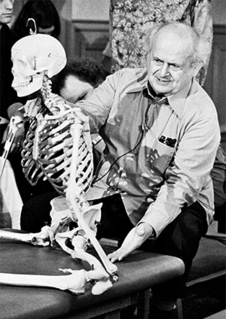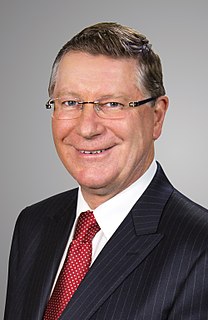A Quote by Sheryl Sandberg
At Facebook, we try to be a strengths-based organization, which means we try to make jobs fit around people rather than make people fit around jobs. We focus on what people's natural strengths are and spend our management time trying to find ways for them to use those strengths every day.
Related Quotes
When I work with other people, I try to make up for their shortcomings with my strengths, and I let others make up for my flaws with their strengths. I try to co-operate with people around me when working in a group. I like to enhance team spirit on set. I try to get everyone involved in the action.
Find your true weakness and surrender to it. Therein lies the path to genius. Most people spend their lives using their strengths to overcome or cover up their weaknesses. Those few who use their strengths to incorporate their weaknesses, who don't divide themselves, those people are very rare. In any generation there are a few and they lead their generation.
Those qualities that separate us are often ridiculed by others or criticized by teachers. Because of these judgments, we might see our strengths as disabilities and try to work around them in order to fit in. But anything that is peculiar to our makeup is precisely what we must pay the deepest attention to and lean on in our rise to mastery.
One problem people have is that they lie to themselves. You may think you are more talented then the next guy. Which is exactly what the next guy thinks as well. Rarely is talent enough. You have to find ways to make yourself stand out. You do so by playing to your strengths and making people aware of those strengths. Always remember that no matter how many times you get shot down, you will get smarter, better and you only have to be right once to be successful.
What I find in a creative company is while there is a desire to build a management foundation that can feel clear and consistent, the unique product we're in Illumination Entertainment making doesn't always allow for that. So rather than following management strategy that talks about building your structure and then staffing that structure, I tend to build the structure around the strengths of the individual people we have.
There is not one style in particular that suits me. I think that every formation has its pros and cons. It's crucial to have a coach who understands your strengths and weaknesses. Obviously, I prefer to play up front, close to the opponents. That way I can make use of my strengths in one-on-one situations.

































